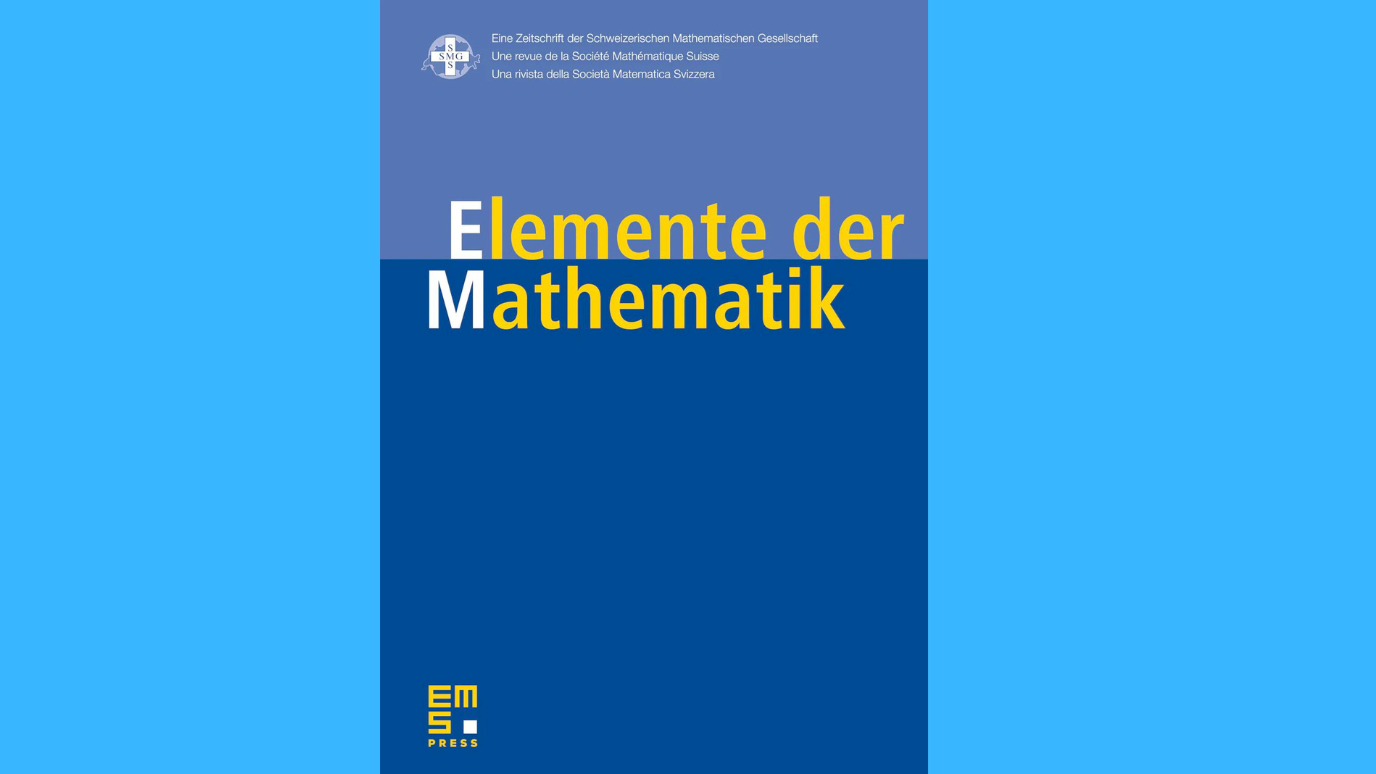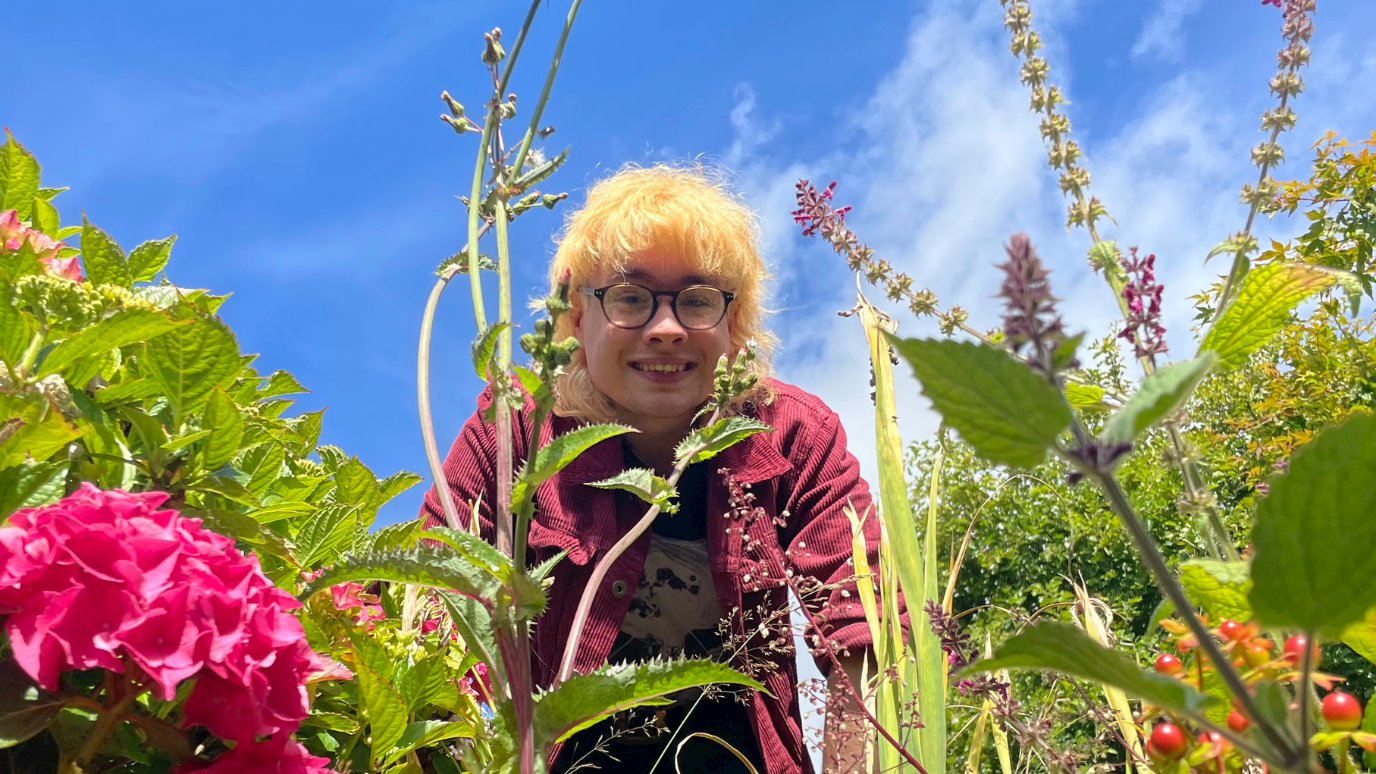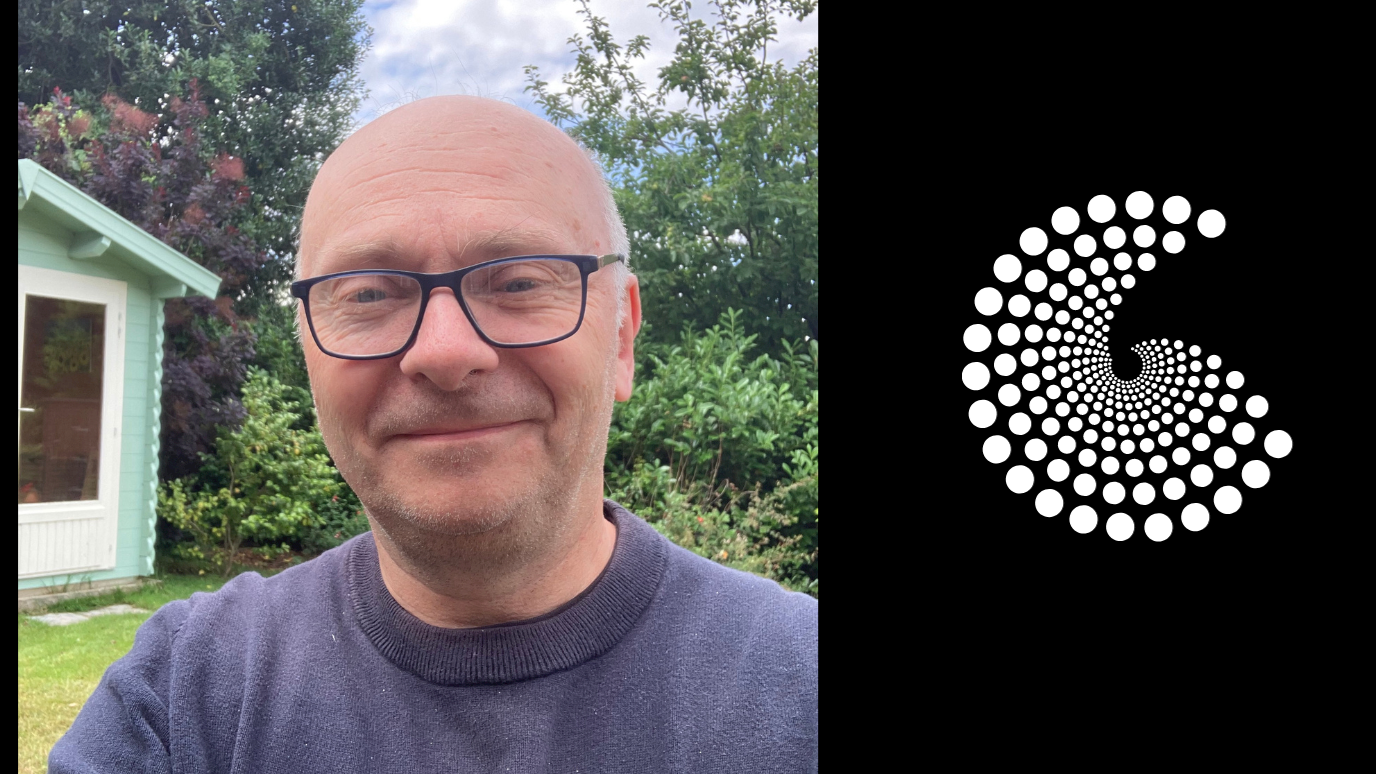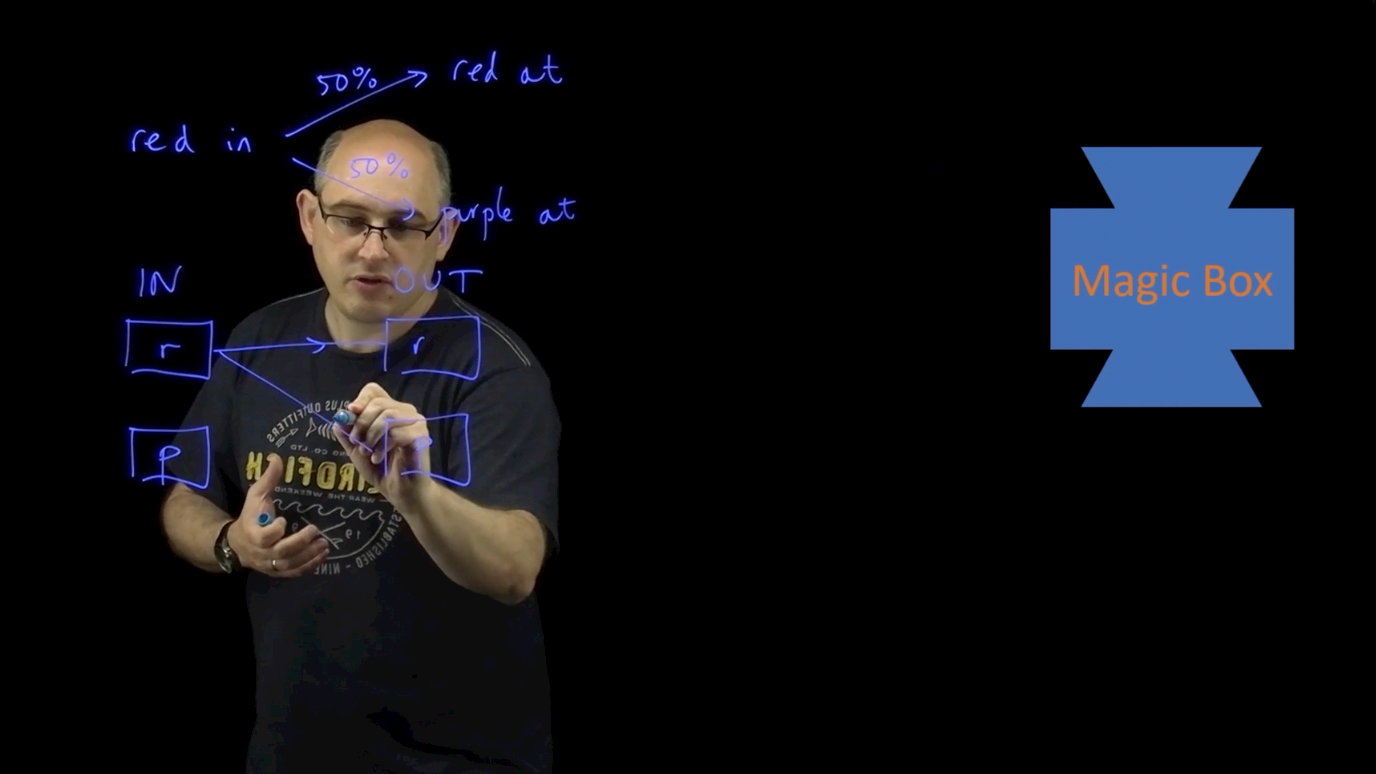Mathematicians are often depicted as lone individuals sitting in front of a page of paper, a blackboard or a computer.
This stereotype, however, presents an image of mathematics that is very far from the truth: mathematics is an extremely collaborative subject!
Mathematicians generally work with other researchers in groups worldwide, and mathematical ideas are shared freely and openly during conferences, workshops, and visits to other institutions.
Travel and the ability to meet up with other mathematicians to work together is central to mathematical research.
The worldwide COVID-19 pandemic and the resulting social distancing and travel restrictions have meant that mathematicians have quickly had to adapt their working methods.
We wanted to share how our research in the Department of Mathematics has changed during the last few months, and how we’ve managed as mathematicians to work with others across the world without leaving our homes.
In February Prof. Mark Wildon was selected as one of four participants in one of the prestigious workshops at the Mathematisches Forschunginstitut in Oberwolfach to give an expository talk in addition to his research talk.At the same time the first research visit of one of our members (Prof. Stefanie Gerke, Nijang, China) was cancelled. This was followed by a flood of cancellations for trips all over the world: Prof. Simon Blackburn (Canada); Prof. Pat O’Mahony, Hakone (Japan); Dr. Vadim Shcherbakov, Seoul (Korea) and Manchester; Dr. Martin Widmer, Oberwolfach (Germany); Prof. Iain Moffatt, Prague (Czech Republic) and Seoul (Korea); to name just a few.
Quickly many talks and conferences were moved online (https://researchseminars.org/). As a department, we have been very active in this area.
For example, above you can watch Prof. Iain Moffatt giving one of his talks simultaneously to researchers in New Zealand, Europe, and America on YouTube (Matroid Seminar) ; or see the slides from Prof. Brita Nucinkis from her talk at the Fields Institute in Toronto.
Within the Department of Mathematics, we started our own virtual seminar.
We also had a series of online talks to celebrate the launch of our new research Centre for Combinatorial Methods in Algebra, Number Theory and Applications (CANTA).
Our Ph.D. community has been active, with our student Eoghan McDowell running a virtual PhD seminar series, the Junior London Algebra Colloquium, jointly with Kamilla Rekvényi (Imperial).
In terms of travel to conferences and other institutions, this summer is going to be quiet. But in terms of the mathematical research we do, it will be as busy as ever!
























